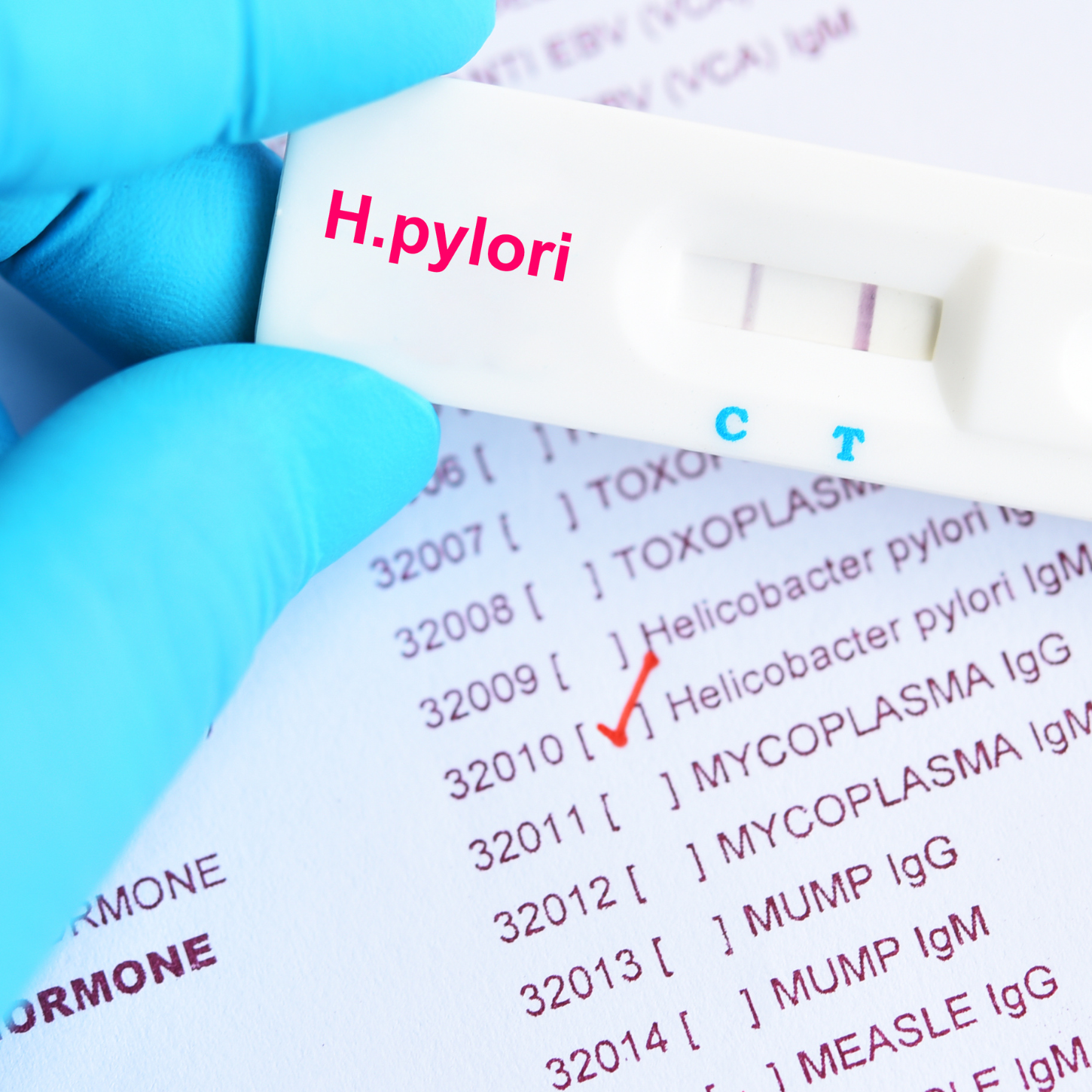In this video, we're diving deep into the world of natural remedies to help you combat diarrhea without constantly reaching for over-the-counter medications.
We’ll also look at dietary changes you can make for both acute and chronic diarrhea.
Transcript: How to Stop Diarrhea…Fast and Naturally!
If you right now are housebound because you have to stay within a yard of your bathroom, well this video is for you.
We’ve all been in that situation where it’s just too risky to go too far from the toilet. Whether it’s something you’ve eaten which has given you the runs, or you’ve been suffering from diarrhea for some time, in this video, I’m going to share with you how to stop diarrhea, fast and naturally.
I’m going to talk about some foods you should avoid, foods that will help, and some really effective natural remedies that will help bulk your stools up and get you out socialising again. So stay to the end to hear which of nature’s remedies work best.
Sound like a solid plan? ;)
I don’t have to tell you that diarrhea can really make your life miserable in a number of ways.
For many, it can be a whirlpool of unending discomfort and social embarrassment - running for public restrooms like your pants are on fire; struggling through work with stomach gurgles galore... plus who has any energy to hang out or make plans when you can barely move from bed?
Diarrhea is super uncomfortable and inconvenient, and, not to mention…embarrassing.
But you have to remember that diarrhea is also a natural response your body has. For example, after food poisoning, your body is trying to get rid of harmful bacteria from the digestive tract as fast as possible, and diarrhea is one of the best methods your body has. It’s not fun, but it's effective.
However, chronic diarrhea is another story. Having “the runs” can cause dehydration, prevent you from absorbing nutrients and obviously, if this goes on long enough, can put your body in a state of inflammation. It is also an indicator that something else may be going on and should be checked out.
It definitely pays to do the detective work and get the real poop scoop on what’s causing it - testing can help you crack this case wide open!
Some of the common causes of diarrhea include:
- SIBO (small intestinal bacterial overgrowth)
- SIFO (small intestinal fungal overgrowth)
- Ingested parasites or contaminated food
- Food sensitivities
- Histamine, salicylate, or oxalate intolerance
- Chronic stress or trauma
With these kinds of issues, it's best to bring in the professionals! A naturopath, nutritionist, functional medicine doctor or psychologist can help you tackle these obstacles in the right way.
I also have a video on overcoming food sensitivities which I will link to at the end.
In the meantime, there are some natural remedies to help bulk your stools and take back control over your bowel movements.
Acute Diarrhea
Now if you're experiencing acute diarrhea, don't reach for Pepto-Bismol just yet! Keeping hydrated is key - aim to chug 8 glasses of H2O each day and add a pinch of salt plus squeeze half a fresh lemon in there too. With this electrolyte cocktail concoction, your insides will be right as rain in no time!
Also, make things a little easier for your gut with some delightful homemade soups and broths! It’s also better to eat smaller, regular meals (5-6 per day every 3 hours or so) to take the stress away from the ol’ digestion machine and give it that bit of TLC.
Chronic Diarrhea
Consume 2-3 cups of black tea per day as the tannins it contains are astringent, which means they help to tighten and tone tissues and mucous membranes in the digestive tract. Astringent herbs can also have a drying effect, which is helpful for making your poop less watery and more regular.
If you’ve been suffering from the runs for a while, it is important to investigate the trigger foods. Wheat, dairy, gluten, and chili, are common culprits.
FODMAPS, (which are short-chain carbohydrates (sugars) that the small intestine absorbs poorly), as well as salicylates, (which are natural chemicals made by plants), are also two common sneaky scoundrels that can make mealtime a minefield for your poor intestines.
Avoid digestive irritants such as dairy, coffee, alcohol, high amounts of sugars/ sweeteners, sorbitol/mannitol and spicy and fatty foods.
If you’re looking for a sure-fire way to add bulk to your stools, adding some soluble fibers like psyllium husk, slippery elm, and pectin (which is a polysaccharide starch found in the cell walls of most fruits and vegetables) can be a game-changer. Some other foods that can help are bananas, rice, and applesauce.
You’ll also be happy to know that a few squares of dark chocolate can do wonders for a troubled tummy - cocoa is jammed full of those beneficial flavonoids that help keep things shipshape in the bowel department!
So now we’ve covered some of the basics, let’s look at particular remedies nature offers us that can help solve your loo problem.
1. Activated charcoal
Activated charcoal is a well-known remedy for diarrhea.
It helps by preventing the absorption of bacteria and drugs that can cause diarrhoea. The porous and textured surface of activated charcoal traps the diarrhoea-causing agents and microorganisms.
It is best not to take it along with diarrhea medicines or to take it long-term. And don’t be alarmed if your stools come out looking like the color of chimney soot.
2. Blackberry and raspberry leaves
For centuries, red raspberry and blackberry leaves have been herbal powerhouses! Red Raspberry leaf is the go-to for women's health needs, while Blackberry takes charge as a potent astringent. The secret of their strength? Tannins - compounds that tighten up tissues in your gastrointestinal tract like an extra-strong elasticated waistband, helping restore regularity when things get a bit out of control.
Try brewing tea with 1-3 teaspoons of dried blackberry or red raspberry leaves.
3. Glutamine
Then we have the mighty glutamine. The amino acid glutamine is like a superhero for your gut health!
It has been scientifically proven to fight the battle against tummy trouble. It helps to support the lining of your intestines and improve gut function. And while it may not be a cure-all for all digestive issues, glutamine may also hold the potential answer for those dealing with chronic or recurring bouts of diarrhoea.
So, if an unhappy stomach is driving you round the bend, perhaps it's time to give glutamine a shot. The standard adult dose is 5-10g of glutamine per day.
4. Probiotics (Lactobacillus rhamnosus (LGG) and Saccharomyces boulardii)
Now if you think bugs have caused your stool problem, bugs can also help fix it.
What am I talking about?
Probiotics. And just in case you’ve been living under a rock the last ten years, probiotics refer to the beneficial bacteria in your digestive tract, in other words, the good guys that are absolutely essential for overall health.
And there are two, specifically, who are like the Chris Hemsworth and Hugh Jackman of the gut.
Wow, did I just liken two of the best-paid male actors to bacteria living in your gut?
5. Lactobacillus rhamnosus (LGG) and Saccharomyces boulardii.
Lactobacillus rhamnosus (LGG) is a probiotic superhero that helps to reduce the risk of digestive upset in both adults and children. It's also an effective weapon against irritable bowel syndrome and acute bouts of diarrhea. So if you are struck by a nasty bug, it can shorten the time you experience diarrhea.
Saccharomyces boulardii is a probiotic-acting yeast and is most well-known for its role in the prevention and treatment of traveller’s diarrhoea. So, in other words, SB is the best travel companion. Goodbye Lonely Planet, hello SB.
It has the ability to regulate the balance in your gut by inhibiting the bad bacteria including Candida and Salmonella. And, like LGG, SB can shorten the duration of time you experience diarrhoea and improve the consistency of your poop.
Well, that brings us to the end of this scoop on poop. Thanks for hanging with me today through a topic that isn’t the most pleasantest. If you have any home remedies that work a treat for you, we would love to hear about them so please share with us in the comments. And while you’re there, please like and subscribe, it helps us enormously get this information out.
I know you’re probably ready to visit the bathroom again, but before you go, as I mentioned before, if you want to learn more about food sensitivities and what you can do to solve this problem once and for all, check out our video here. See you in the next video.













What Do You Think? Comment Below: